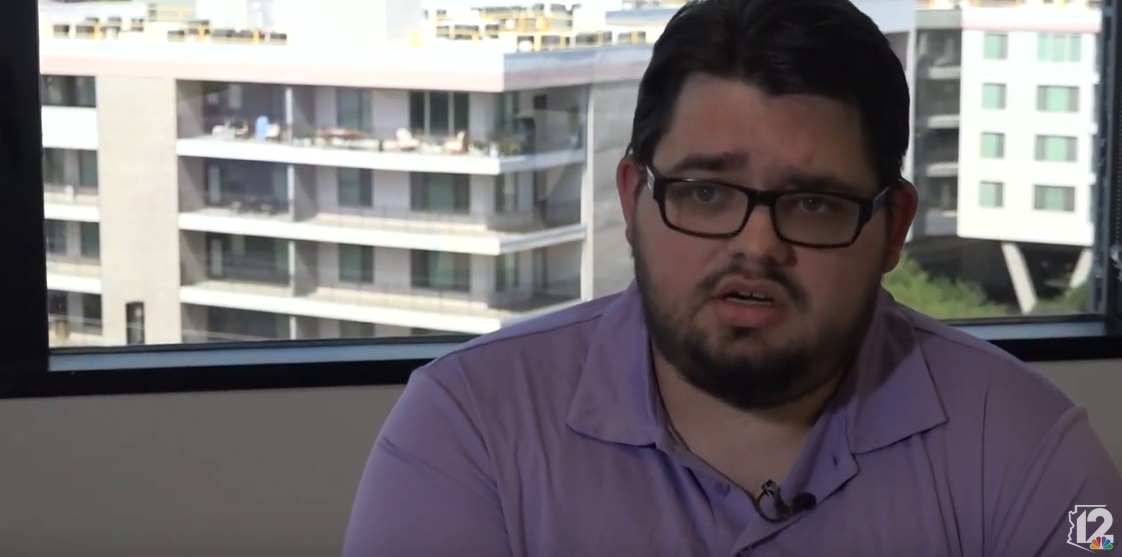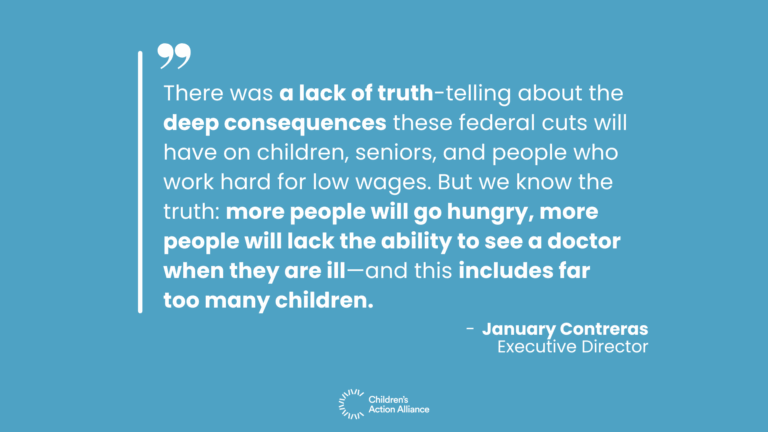
Arizona’s Group Home Problem – An Opportunity Missed
Arizona has a deep group home problem, and it is time that serious steps are taken to address it: the Department of Child Safety's (DCS's) massive over-reliance on harmful and costly group home placements. Our legislative session ended without solutions.
In Arizona, the Department of Child Safety (DCS) has an excessive reliance on group home placements, which can be harmful and expensive. The state has the nation’s third highest rate of “congregate care” placements for foster children of all ages and places more young foster children, those under age 12, in congregate care than any other state. Congregate care includes group homes, shelters, and institutions. Experts agree that congregate care placements are harmful to the healthy development of children—especially young children—and that congregate care should only be used when there is no less restrictive setting to meet a child’s short-term need for therapeutic services.
The understanding of the harms of group care is so universal that Congress passed the Families First Family Prevention Services Act, which greatly reduces the availability of federal funds for congregate care placements. Under the Act, which went into effect in 2021, states are only reimbursed for congregate care placements for the first 14 days unless the placement is a designated Qualified Residential Treatment Program that a court has determined the child requires to meet a short-term therapeutic need. The same year that Families First went into effect, DCS settled a lawsuit that, among other things, called out Arizona’s overuse of congregate care. The settlement agreement in B.K. v. Faust, which is overseen by the court, requires DCS to take steps to reduce its use of congregate care to 10.5%, the national average, when the settlement was reached in 2021.
Despite these two powerful incentives to reduce group care, Arizona’s rate of congregate care placements has not budged. In fact, it has gone up and with the loss of federal reimbursement dollars, the high cost of group care is straining the state’s general fund and the agency’s budget to the tune of a $22.6M shortfall, leaving few financial resources to support families and prevent the need for foster care in the first place.
For years, DCS’s plan to reduce the use of congregate care has centered around increasing the number of foster children placed with relatives and, to a lesser extent, also increasing the number of community foster homes. A “kin-first” culture is hugely important to supporting children and to reducing the use of congregate care, and, with advocacy by Children’s Action Alliance and many others, big advancements have been made in Arizona to better support kinship caregivers. However, Arizona now places children with relatives at one of the highest rates in the nation, and that strategy on its own has not and is unlikely to stem the use of group placements.
Additional strategies to reduce group care are available and used with success by other jurisdictions. One of those strategies is instituting DCS Director Approval for group placements. SB 1458, a CAA priority bill in partnership with Fostering Advocates Arizona, would have required DCS to get Director sign-off on the placement of any child under the age of 12 in a congregate care setting. (Remember, Arizona is an outlier, placing young children in congregate care at a rate of 11% while the national average is 3%.) Director approval, which helped the City of Philadelphia go from 1,000 children in group homes to just 255, is a strategy included in the Ending the Need for Group Placements Initiative led by the Annie E. Casey Foundation and Casey Family Programs. The initiative has identified seven levers that have helped states reduce the use of congregate care. DCS is currently pulling just two of those levers. SB 1458 would have added a third, but the bill died on the House Floor in the face of opposition from the agency.
It is time for Arizona to get serious about reducing group care. Doubling down on strategies that on their own have done nothing to reduce Arizona’s use of congregate care is certainly not enough for nearly 1,300 foster children currently in these placements, including approximately 350 children under the age of 12. DCS should be partnering with experts and jurisdictions that have successfully reduced congregate care populations and should be pulling every lever available. Arizona’s foster children deserve nothing less.



